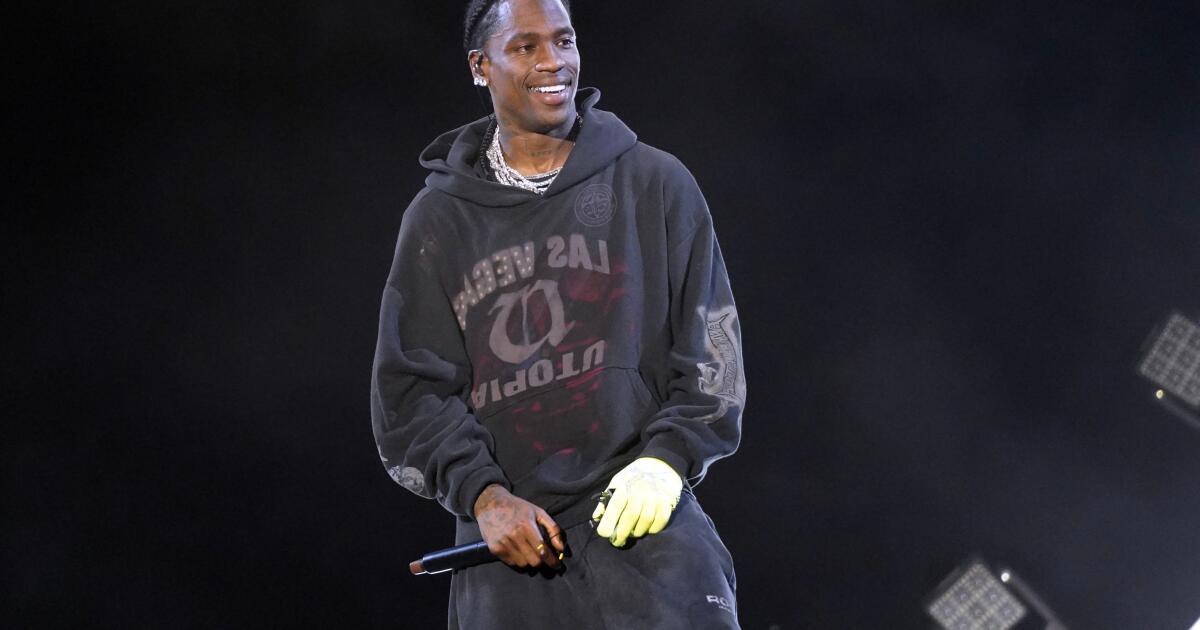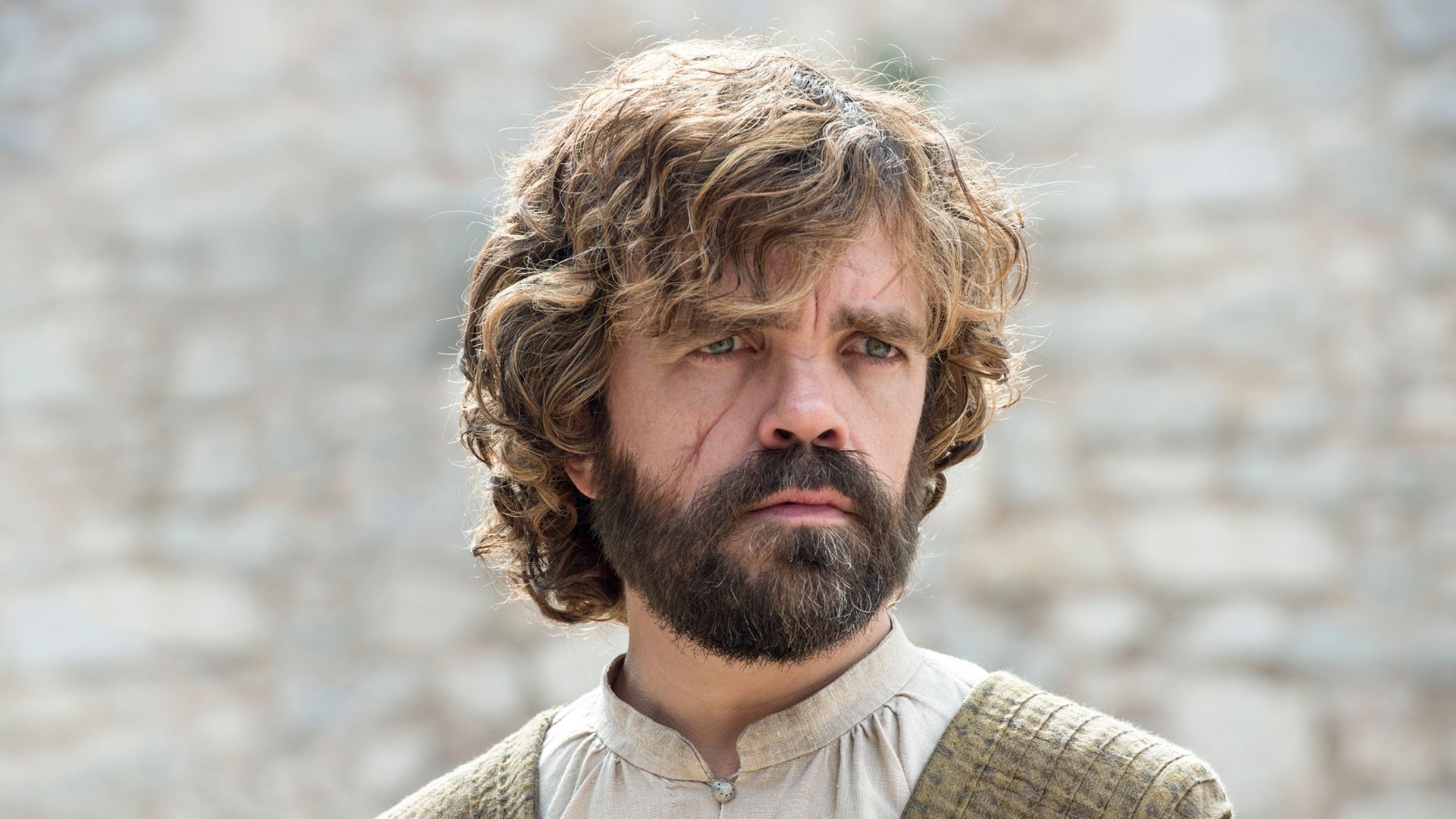“Impressive” British crime thriller with 100% Rotten Tomatoes rating is now streaming on the BBC

Rob is juggling a difficult situation: caring for his father, Tom, who is ill, while pretending to look for a job to avoid worrying him. He’s managing to keep these two parts of his life separate.






